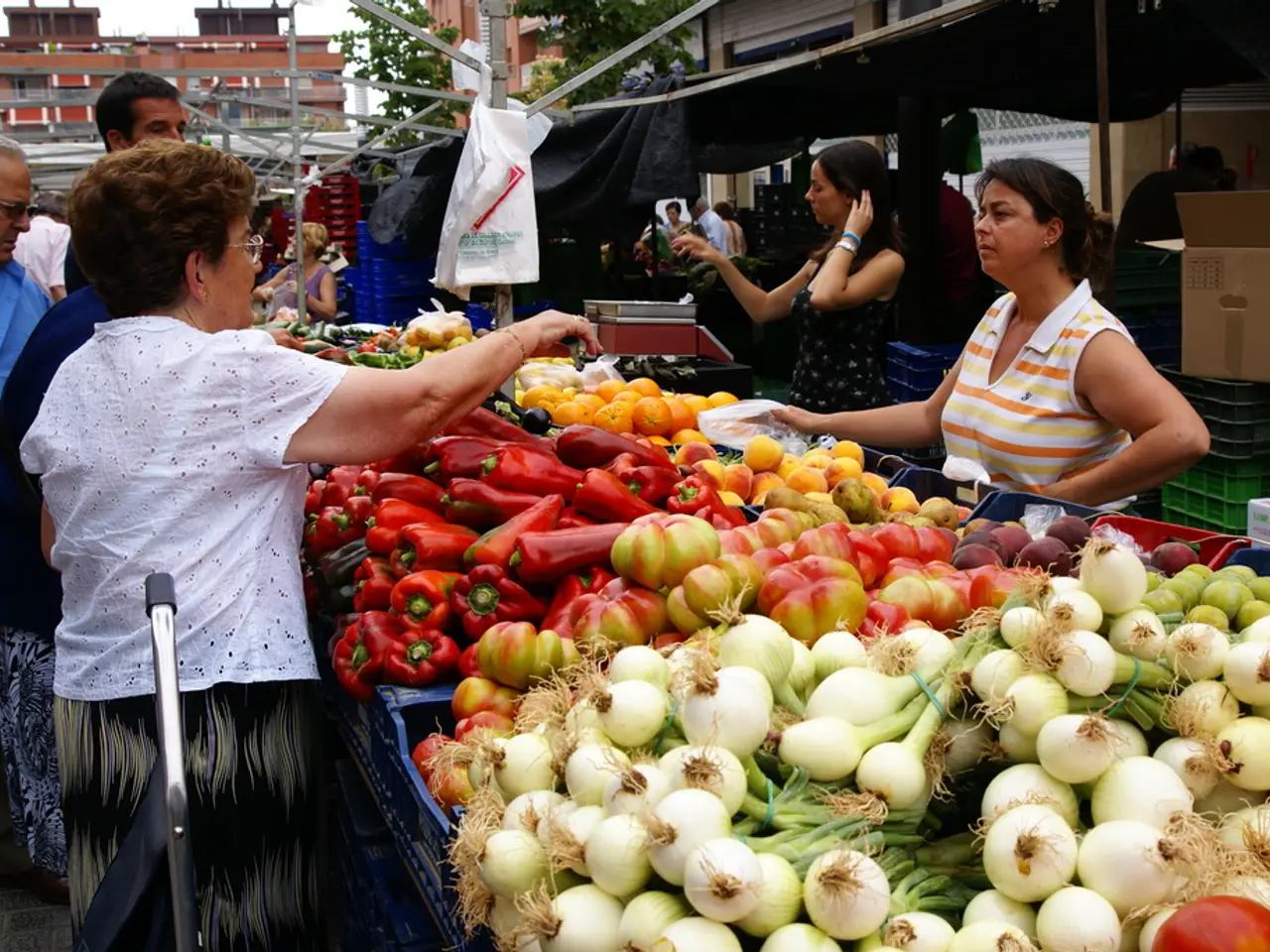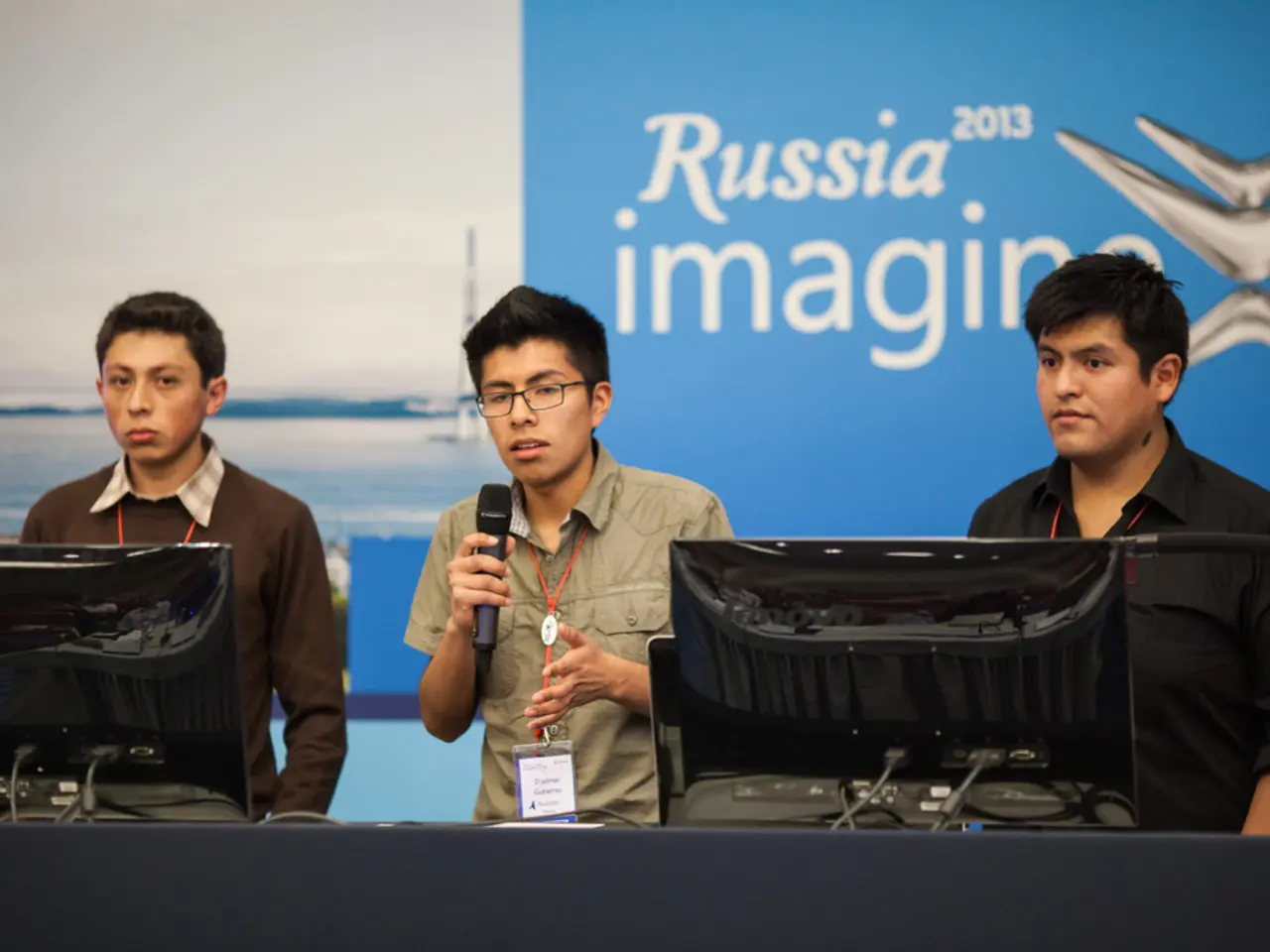Parliamentarians in Malaysia see INC-5.2 as a chance for their country to take the lead in international discussions regarding a global plastics treaty within Asean.
As the Global Plastics Treaty negotiations continue in Geneva, scheduled to conclude on August 14, 2025, the world watches with bated breath. The treaty, aimed at addressing the entire lifecycle of plastics pollution, faces significant challenges and delays but offers a beacon of hope for a cleaner, healthier planet.
Key concerns from civil society organizations (CSOs) include the promotion of sustainable, reuse-based solutions over industry-backed false alternatives, equitable and effective financing mechanisms, measures against conflicts of interest, recognition and protection of waste pickers, addressing toxic chemicals in plastics, and urgent calls for political will and ambition.
Malaysia, a nation grappling with its own plastic waste crisis, is taking a proactive stance. The country generates over 1 million tonnes of plastic waste annually, with only a fraction effectively recycled. Acting natural resources and environmental sustainability minister Johari Abdul Ghani has proposed that all plastic recycling companies in the country must be licensed under the Ministry of Investment, Trade and Industry (MITI) to enable better oversight and enforcement of laws.
The Malaysian government is also urging the need for regional leadership in the negotiations, with Petaling Jaya MP Lee Chean Chung describing the Geneva negotiations as a "golden opportunity" for ASEAN to take collective action, led by Malaysia.
In a significant move, all forms of plastic scrap have been banned from entering Malaysia since July 1, 2022, through an amendment to its Customs Act. Malaysia has previously imported large volumes of plastic waste from countries such as the United States, United Kingdom, and Japan, but has since tightened import controls.
However, challenges remain. At the most recent meeting in Busan last year, countries could not come to an agreement on several matters, with oil-producing countries opposing proposals such as a cap on plastic production and eliminating chemicals of concern in plastics.
Civil society representatives urge Malaysia's representatives to advocate for a global treaty that protects human and environmental health from the harms of plastic. Scientific studies have linked chemicals commonly found in plastics, such as phthalates, BPA, and PFAS, to a range of health issues, including cancer, hormonal disruption, infertility, and developmental disorders. Some of these chemicals, such as bisphenol A (BPA) and per- and polyfluoroalkyl substances (PFAS), are classified as persistent organic pollutants.
Over 100 civil society organizations have handed over a joint memorandum to Parliament, urging Malaysia to champion the Global Plastics Treaty. Segregation of waste at source remains a major challenge due to lack of awareness and recycling infrastructure available to the public.
In the face of these challenges, Malaysia and the world must work together to create a future free from plastic pollution. The Global Plastics Treaty presents an opportunity to regulate hazardous chemicals used in plastics, improve product design to minimize plastic waste, and implement stronger controls on chemical emissions and plastic leakage. The treaty must also address the rights and working conditions of waste pickers and implement equitable and effective financing mechanisms.
With political will, ambition, and a commitment to environmental justice, the Global Plastics Treaty can be a turning point in the fight against plastic pollution. As Johari Abdul Ghani highlighted, inter-agency coordination is crucial in regulating and enforcing plastic waste imports. Malaysia, with its leadership in the negotiations, can set an example for the world.
References: 1. Global Plastics Treaty 2. Civil Society Organizations' Recommendations for the Global Plastics Treaty 3. Global Plastics Treaty Negotiations Stall Due to Industry Lobbying 4. The Role of Waste Pickers in the Global Plastics Crisis 5. The Toxic Truth About Plastic
- The Global Plastics Treaty, designed to tackle plastic pollution throughout its entire lifecycle, is under negotiation in Geneva, facing challenges but offering hope for a cleaner planet.
- Key concerns from civil society organizations (CSOs) include promoting sustainable solutions, equitable financing, addressing conflicts of interest, protecting waste pickers, and regulating toxic chemicals in plastics.
- Malaysia, battling its own plastic waste crisis, is taking a proactive stance. The country has banned plastic scrap imports and is pushing for regional leadership in the Global Plastics Treaty negotiations.
- In the face of import bans, challenges remain, with oil-producing countries opposing proposals like a cap on plastic production and eliminating harmful chemicals in plastics.
- Civil society representatives urge Malaysia's representatives to advocate for a global treaty that safeguards human and environmental health from plastic harm, as scientific studies linked chemicals like phthalates, BPA, and PFAS to health issues.
- Over 100 civil society organizations have urged Malaysia to lead the Global Plastics Treaty, focusing on regulating hazardous chemicals, improving product design, controlling chemical emissions, addressing waste pickers' rights, and implementing equitable financing mechanisms.
- With political will, ambition, and a commitment to environmental justice, the Global Plastics Treaty can be a pivotal moment in the battle against plastic pollution, as inter-agency coordination is essential in regulating and enforcing plastic waste imports.
- References: Global Plastics Treaty, Civil Society Organizations' Recommendations for the Global Plastics Treaty, Global Plastics Treaty Negotiations Stall Due to Industry Lobbying, The Role of Waste Pickers in the Global Plastics Crisis, The Toxic Truth About Plastic.






